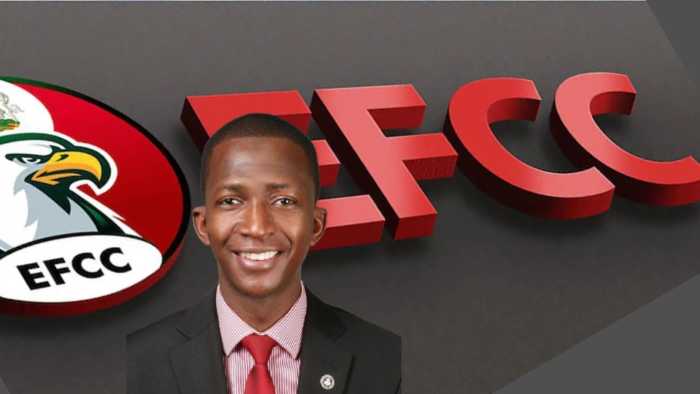Tinubu Removed Bawa To Save APC Thieves From Prosecution — Analyst

Suspended EFCC Chairman, Bawa, Refuses To Write Statements - Says DSS Has No Right To Detain Him Without Charges

Suspended EFCC Chairman, Bawa, Refuses To Write Statements - Says DSS Has No Right To Detain Him Without Charges
Notifications